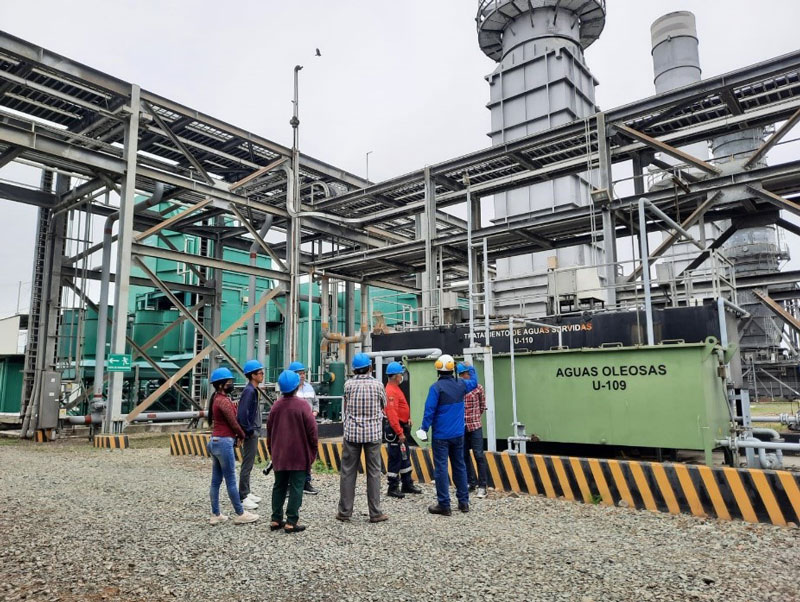Study reveals the benefits of fasting but shows fasts of less than three days are ineffective
By Queen Mary University of London staff
New findings reveal that the body undergoes significant, systematic changes across multiple organs during prolonged periods of fasting. The results demonstrate evidence of health benefits beyond weight loss, but also show that any  potentially health-altering changes appear to occur only after three days without food.
potentially health-altering changes appear to occur only after three days without food.
The study, published today in Nature Metabolism, advances our understanding of what’s happening across the body after prolonged periods without food.
 By identifying the potential health benefits from fasting and their underlying molecular basis, researchers from Queen Mary University of London’s Precision Healthcare University Research Institute (PHURI) and the Norwegian School of Sports Sciences provide a road map for future research that could lead to therapeutic interventions – including for people that may benefit from fasting but cannot undergo prolonged fasting or fasting-mimicking, such as ketogenic, diets.
By identifying the potential health benefits from fasting and their underlying molecular basis, researchers from Queen Mary University of London’s Precision Healthcare University Research Institute (PHURI) and the Norwegian School of Sports Sciences provide a road map for future research that could lead to therapeutic interventions – including for people that may benefit from fasting but cannot undergo prolonged fasting or fasting-mimicking, such as ketogenic, diets.
Over millennia, humans have developed the ability to survive without food for prolonged periods of time. Fasting is practiced by millions of people throughout the world for different medical and cultural purposes, including health benefits and weight loss. Since ancient times, it has been used to treat diseases such as epilepsy and rheumatoid arthritis.
During fasting, the body changes its source and type of energy, switching from consumed calories to using its own fat stores. However, beyond this change in fuel sources, little is known about how the body responds to prolonged periods without food and any health impacts – beneficial or adverse – this may have. New techniques allowing researchers to measure thousands of proteins circulating in our blood provide the opportunity to systematically study molecular adaptions to fasting in humans in great detail.
Researchers followed 12 healthy volunteers taking part in a seven-day water-only fast. The volunteers were monitored closely on a daily basis to record changes in the levels of around 3,000 proteins in their blood before, during, and after the fast. By identifying which proteins are involved in the body’s response, the researchers could then predict potential health outcomes of prolonged fasting by integrating genetic information from large-scale studies.
As expected, the researchers observed the body switching energy sources – from glucose to fat stored in the body – within the first two or three days of fasting. The volunteers lost an average of 5.7 kg of both fat mass and lean mass. After three days of eating after fasting, the weight stayed off – the loss of lean was almost completely reversed, but the fat mass stayed off.
For the first time, the researchers observed the body undergoing distinct changes in protein levels after about three days of fasting – indicating a whole-body response to complete calorie restriction. Overall, one in three of the proteins measured changed significantly during fasting across all major organs. These changes were consistent across the volunteers, but there were signatures distinctive to fasting that went beyond weight loss, such as changes in proteins that make up the supportive structure for neurons in the brain.
Maik Pietzner, Health Data Chair of PHURI and co-lead of the Computational Medicine Group at Berlin Institute of Health at Charité, said:
“Our findings have provided a basis for some age-old knowledge as to why fasting is used for certain conditions. While fasting may be beneficial for treating some conditions, often times, fasting won’t be an option to patients suffering from ill health. We hope that these findings can provide information about why fasting is beneficial in certain cases, which can then be used to develop treatments that patients are able to do.”
___________________
Credit: Medical Net


















